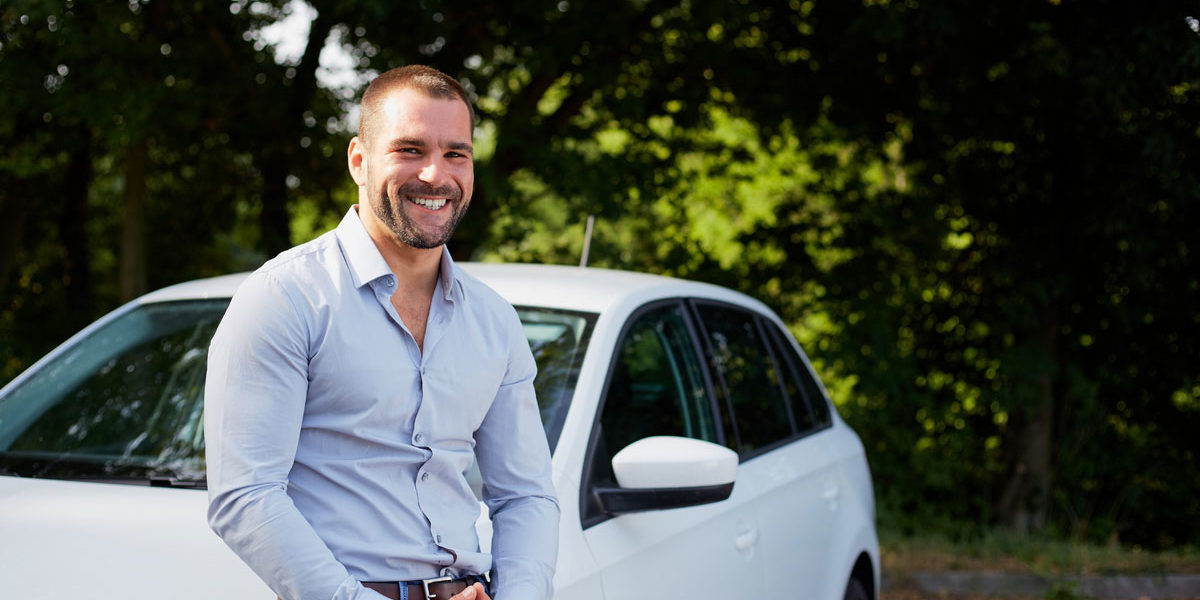Buying your car privately: What if something goes wrong?
If you’re in the market for a ‘new to you’ car, your options are generally through a licensed motor vehicle dealer or privately. Even if you’re checking Trade Me each day – your options are one of the previous two.
You might be wanting to stick with the ‘safety’ of a motor vehicle dealer, but what if you come across a ‘too good to pass up’ bargain through a private seller? While the risks are higher – there are ways to give yourself some protection. Check out our tips if your new wheels come from a private seller.
What’s the law?
One of the main risks you face is that you lose much of your legal protection if something goes wrong. LMVDs need to comply with their obligations under the Fair Trading Act and the Consumer Guarantees Act; private sellers don’t.
What this means is that if you were sold a vehicle under ‘false pretenses’, you don’t have the right of redress under these Acts. You are buying a car ‘as-is’ – which means you, as the buyer, are taking on the risks of any problems after the purchase.
To lower the risks of buying the proverbial lemon, road test your car, and get it thoroughly checked for potential problems. The AA offers pre-purchase inspections to help spot some of the more common concerns.
Show me the money
If money is owing on the vehicle you intend to buy, it could cause you problems down the track. If the person who owes money doesn’t pay off the debt, and then doesn’t pay the required payments in the future, you could find your new wheels being repossessed – because of someone else’s debt. Make sure you check whether there is any money owing on the vehicle. If you are planning on financing the vehicle, specialist car loan providers will usually check this, before agreeing to lend on the vehicle. If money is owing, that will usually be repaid first, with the balance going to the owner you are buying it from.
And if something goes wrong?
Even though the main laws don’t apply to private sales, there is some protection. If it turns out the car was a lemon in disguise, you may have recourse under the Contract and Commercial Law Act. If you believe you were sold the car under misleading information or it turns out the person you bought the car from wasn’t legally allowed to sell it, or owed money on it still, you may be able to get a refund or compensation.
However, even if this is ordered, you are likely to find yourself out of pocket, and without a vehicle for some time. So, don’t rely on getting something corrected if it goes wrong – rather, make sure you protect yourself before buying.
How to protect yourself
Do your research before you buy. Bargains can be had by buying privately, but they’re not a bargain if you use all the money you have saved on repairs. Check the make and model you plan on buying, to understand whether you’re buying a reasonably reliable car, or one that is prone to expensive breakdowns.
Complete all the checks mentioned previously, take a test drive and check the service records to make sure that the current owner has kept the maintenance up to scratch – that will reduce the chances of a major mechanical breakdown before you get round the corner.
Like to discuss your options?
If you are looking to finance your new wheels, and would like to learn more about your options, please get in touch.






